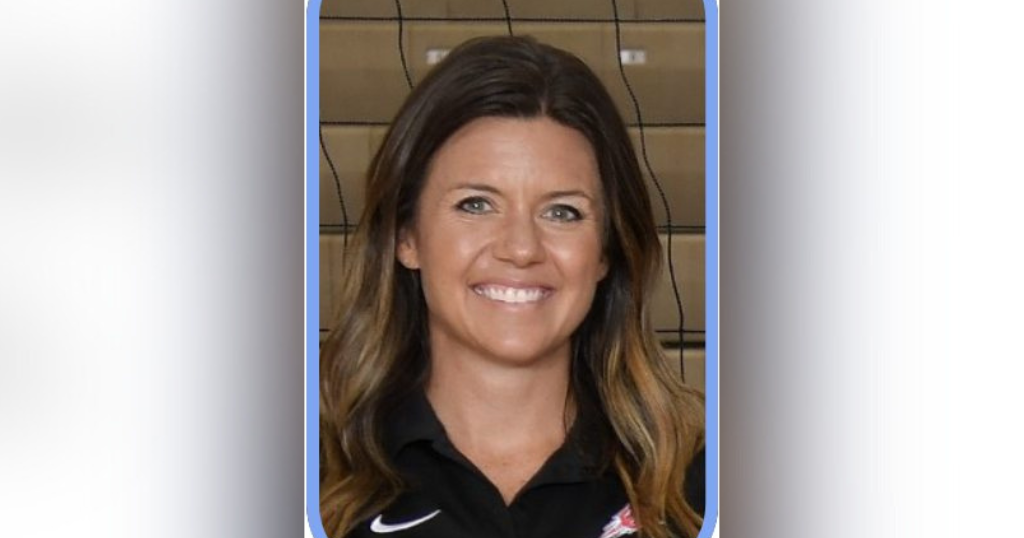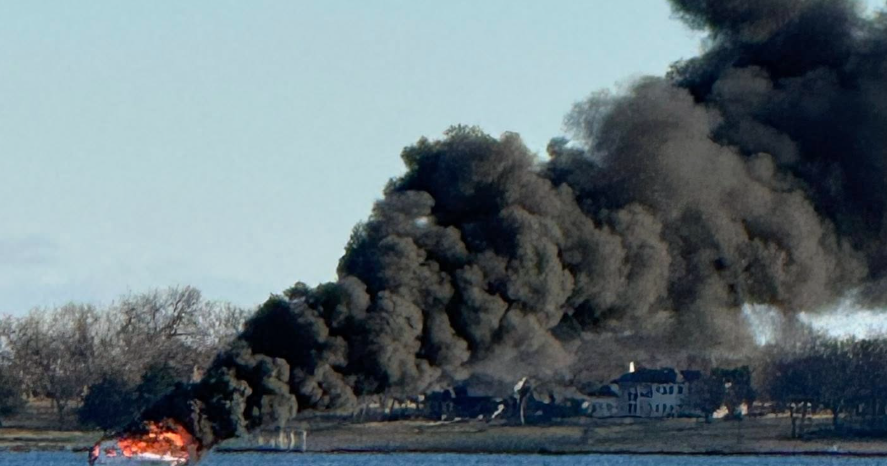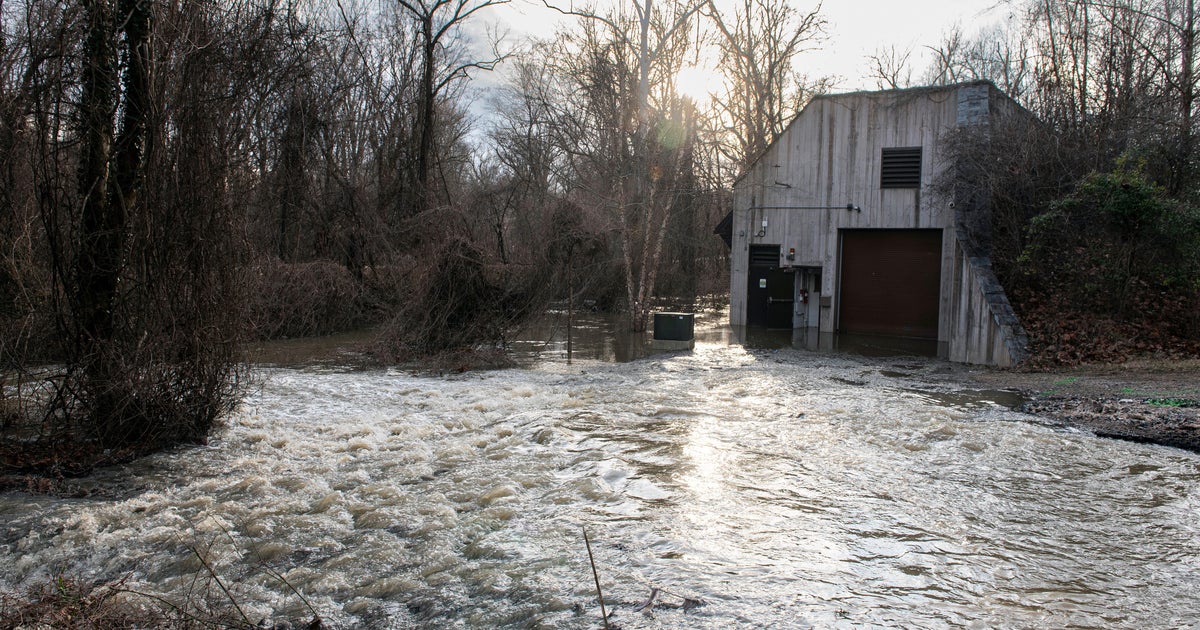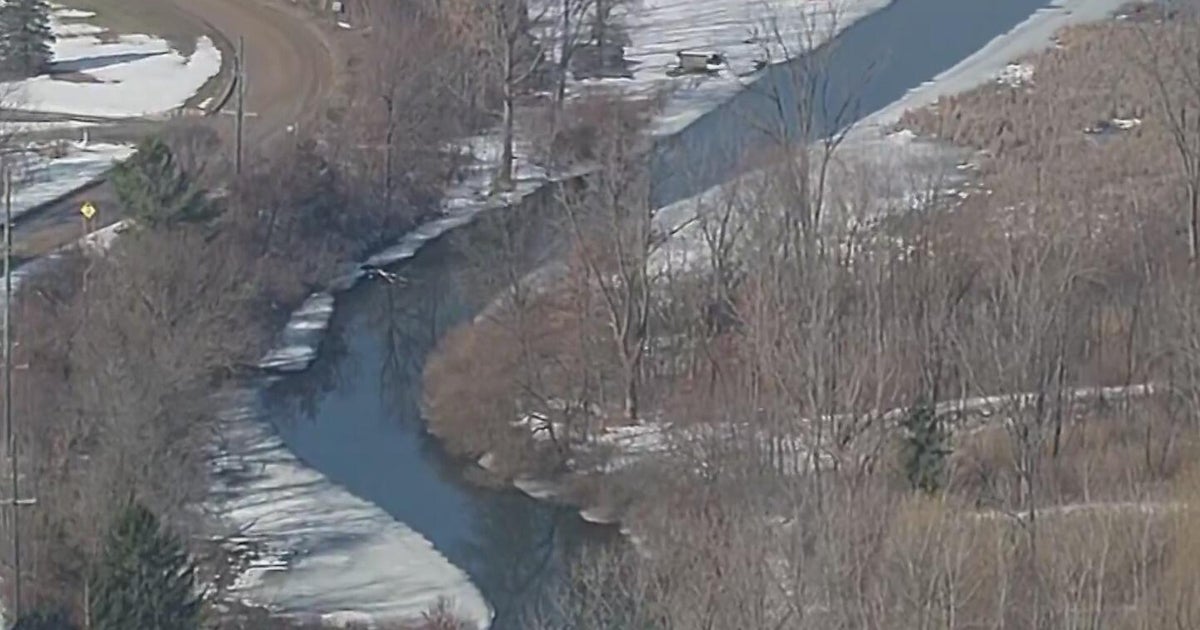Stopping the zebra mussel invasion before it gets worse
In a small lake west of Grand Junction lives a threat to Colorado infrastructure and wildlife all at once: the dreaded zebra mussel.
"They're an aquatic nuisance species," Rachael Gonzales of the Colorado Parks and Wildlife Northwest explained. "They are tiny little shells that like to attach themselves to smooth surfaces."
Colorado used to be zebra mussel free, but last year, they found them in Highline Lake.
So here's the reason that's bad. The little mussels are so small and reproduce so quickly, they tend to clog and destroy pipes and other pieces of equipment around lakes and reservoirs, not to mention boat engines. They also consume the plankton that fish are used to eating, adding unwanted competition for resources for our existing Colorado wildlife. The invading species is also great at traveling between bodies of water, living up to 30 days out of their normal habitat, meaning Colorado boaters who take a ride in Highline Lake might be accidentally harboring fugitive species, and worst case scenario, depositing them into another Colorado lake, where they will spread.
"Our goal for Highline is to be the first and ONLY body of water infested," Gonzales said.
That's part of why they've stepped up their decontamination game. The lake went through three rounds of chemical treatment, a bit like shocking a hot tub with chlorine (but not chlorine in this instance) where CPW tried to kill of a vast majority of the zebra mussels. They've only ever found 15, but because they can be tiny to begin with, they're still not sure how many there could be in there.
That's where the next step comes in. Every boat that goes into the water needs to be decontaminated, and every boat that comes OUT of the water needs to be decontaminated as well. That includes an inspection of the boat, and spraying 140-degree water through the boat's engine and along the sides and cracks of the boat. That adds anywhere between 10 to 25 minutes depending on the size of the boat, but it's required if they want any chance at keeping the infestation isolated to this one little Colorado lake.
"Someone didn't follow that rule, that's how we got zebra mussels in our lake in the first place," Gonzales explained.
While this rule doesn't apply to paddle boarders or kayaks, there are still procedures owners or renters need to do in order to help stop the spread.
"Clean, drain, and dry your vessel," Gonzales said. "They thrive in standing water."
Since some of these mussels are too small to see, you can also search your craft for "sandpaper" like texture, another indication of stowaways on your flotation device.
It's up to us, and if we do it right, maybe we can look back on 2023 and say "That's the year Colorado stopped the zebra mussel invasion before it got started in earnest"...if you're feeling dramatic.








